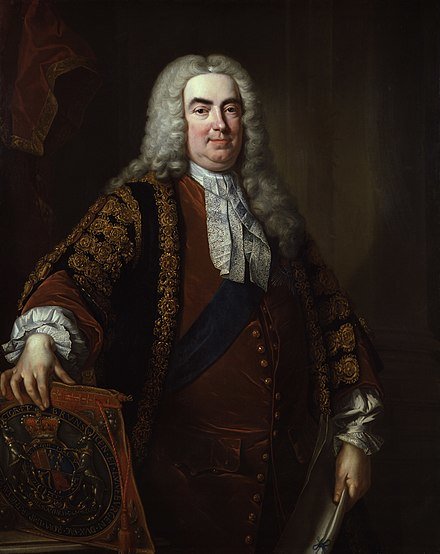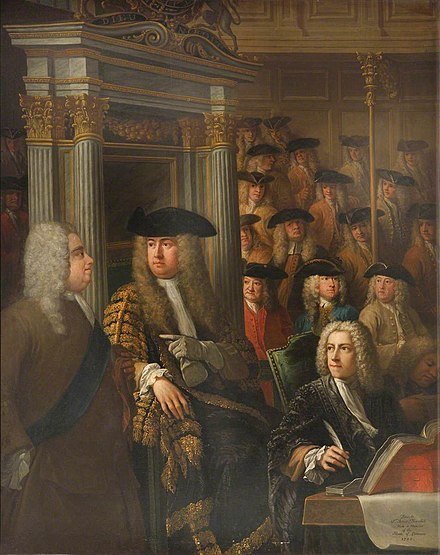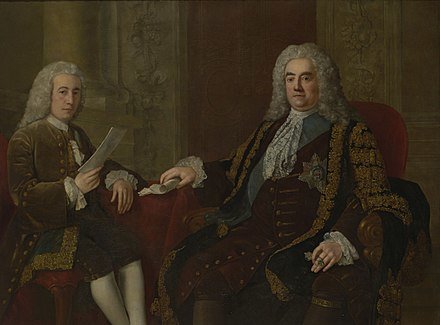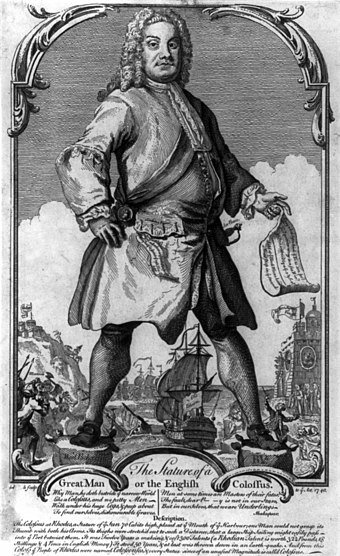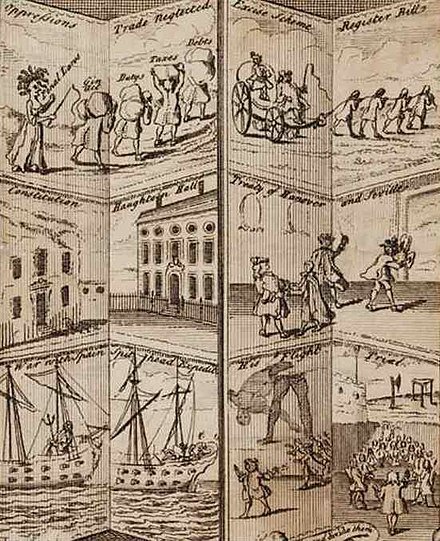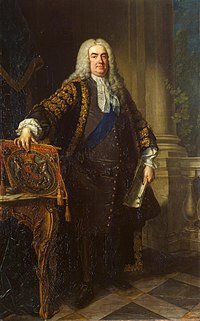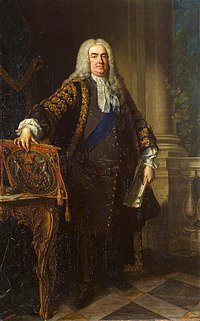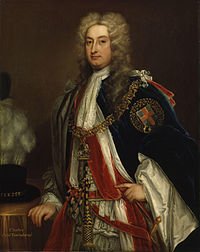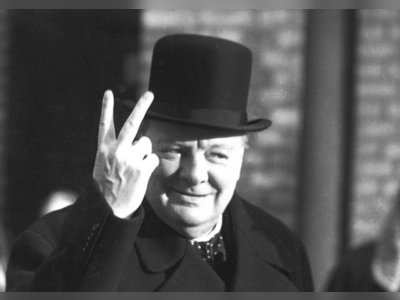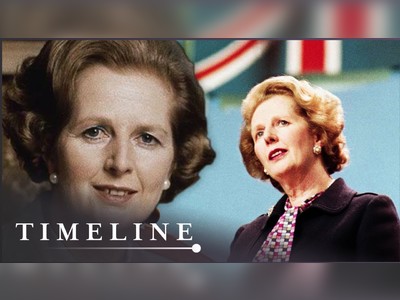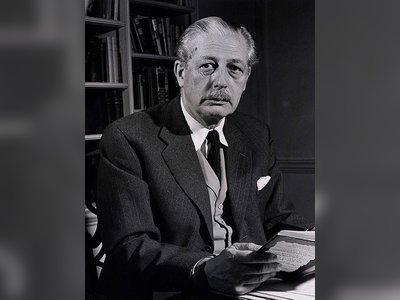British Heritage
Remember, Cherish, Learn.
beta
Robert Walpole - the first Prime Minister
The First Prime Minister and His Enduring Legacy.
Contribution to British Heritage
Robert Walpole, 1st Earl of Orford, holds a prominent place in British history as the de facto first Prime Minister of Great Britain. His political career, which spanned from 1701 to 1742, was marked by remarkable achievements, consolidating the Whig party's power and strengthening the principles of the Glorious Revolution of 1688. His legacy lies in his ability to establish an effective working relationship between the Crown and Parliament, laying the foundation for the modern British political system.
Early Life and Political Ascent
Born on 26 August 1676 in Houghton, Norfolk, Robert Walpole hailed from a gentry class background. He entered politics in 1701 and quickly climbed the ranks, representing various constituencies and holding crucial positions, including Secretary at War and Treasurer of the Navy. Known for his reasonable and persuasive oratory, he had a unique ability to connect with his audience emotionally and intellectually. His policies aimed for moderation, peace, lower taxes, and economic growth, earning him support from both Whigs and Tories.
Walpole's "Robinocracy"
The period between 1721 and 1742, known as the "Robinocracy," marked Walpole's dominance in the political landscape. He headed the Walpole–Townshend ministry and later the Walpole ministry, serving as Prime Minister for an unparalleled 20 years. His uninterrupted rule was a testament to his astute handling of the political system, blending the power of the Crown with the increasing influence of the Commons. Walpole's expertise in political maneuvering and his confidence in dealing with challenges were instrumental in sustaining his leadership.
Success and Influence
Walpole's success as a statesman and leader stemmed from his knack for maintaining stability and moderation. He worked diligently to safeguard the Hanoverian succession and protect the principles established during the Glorious Revolution. By establishing a firm political supremacy for the Whig party, he solidified its position for decades to come. Furthermore, his tenure served as a blueprint for succeeding ministers, teaching them how to foster effective cooperation between the monarchy and the parliamentary body.
The Art of Political Survival
Despite his political acumen and accomplishments, Walpole faced opposition and criticism from various quarters. Detractors accused him of corruption and enriching himself during his time in office. Still, he managed to maintain the King's favor and effectively countered his opponents. The South Sea Bubble financial scandal in 1720 tested his leadership, but he navigated the crisis skillfully, preventing it from severely damaging his credibility or the Whig Party's standing.
Challenges and Fall from Power
Walpole's refusal to involve Britain in military conflicts initially bolstered his popularity, allowing him to reduce taxes and manage the national debt effectively. However, as external pressures mounted, particularly regarding trade disputes with Spain, he faced increasing criticism. The War of Jenkins' Ear in 1739 proved to be a turning point, and Walpole was unable to prevent Britain's involvement. By 1741, his influence began to wane, and his opponents gained momentum.
Resignation and Later Life
In 1742, Walpole faced a motion of no confidence, which led to his resignation as Prime Minister. Nonetheless, he remained politically engaged, offering counsel and advice to his successors. He played a role in securing the dismissal of Lord Carteret and the appointment of Henry Pelham. Walpole spent his final years enjoying the pursuits of country life, hunting, and appreciating his art collection at Houghton, Norfolk. He passed away on 18 March 1745, leaving a lasting legacy as the first Prime Minister of Great Britain and a key figure in British political history.
Conclusion
Robert Walpole's impact on British heritage cannot be understated. His steady leadership and pragmatic approach to politics helped stabilize the country and establish a long-lasting Whig dominance in British politics. As the first Prime Minister, he set the stage for the development of the modern British parliamentary system, leaving an indelible mark on the nation's political landscape. Despite some controversies, his contributions and achievements place him among the greatest politicians in British history.
- Robert Walpoleen.wikipedia.org
